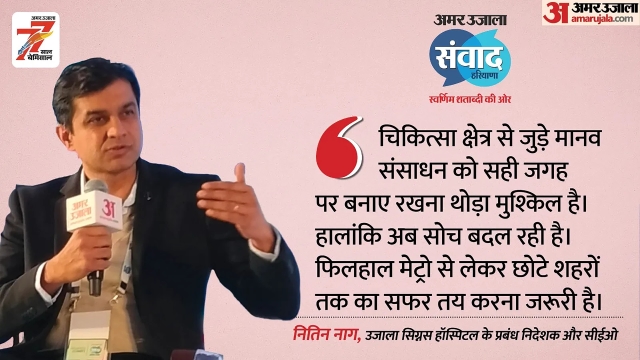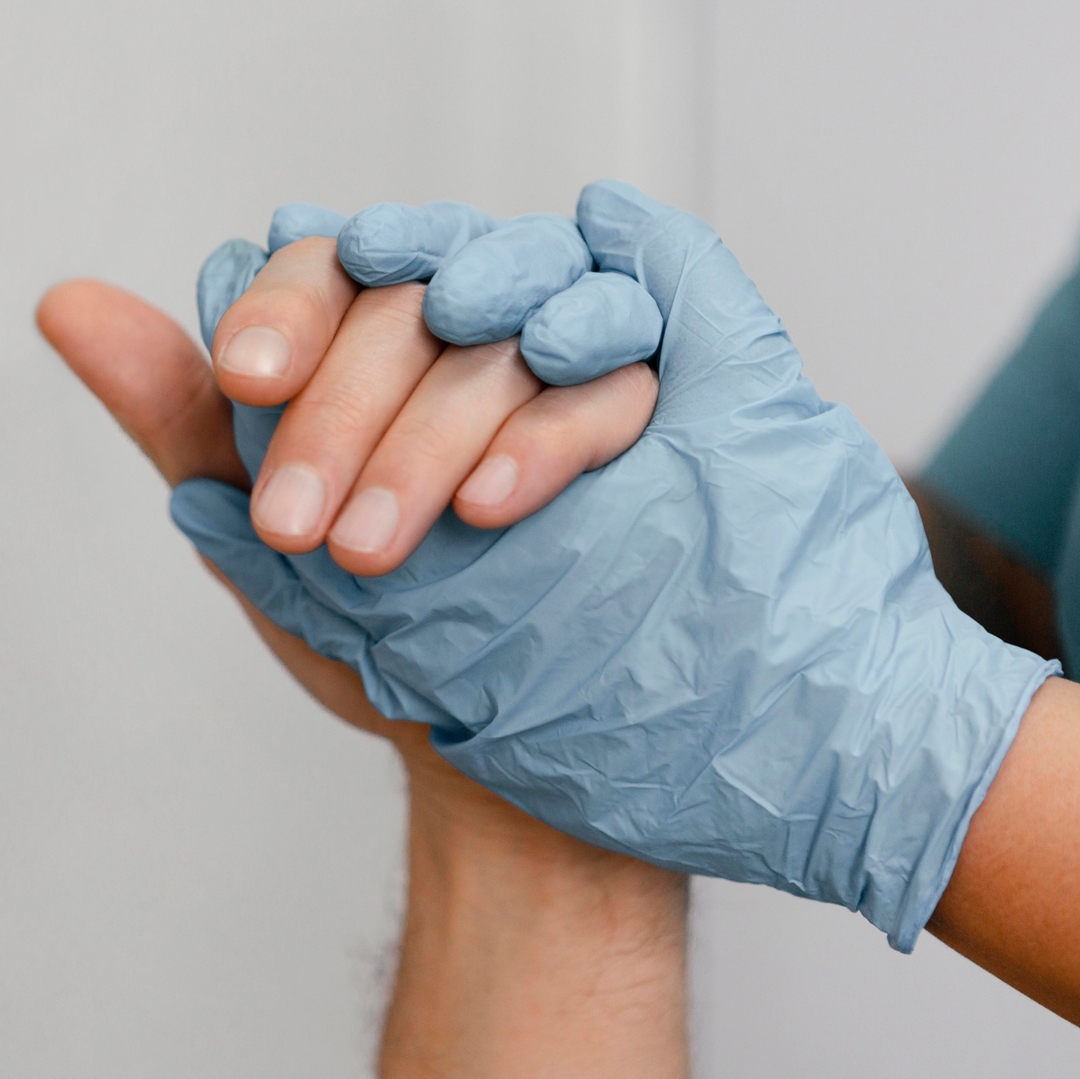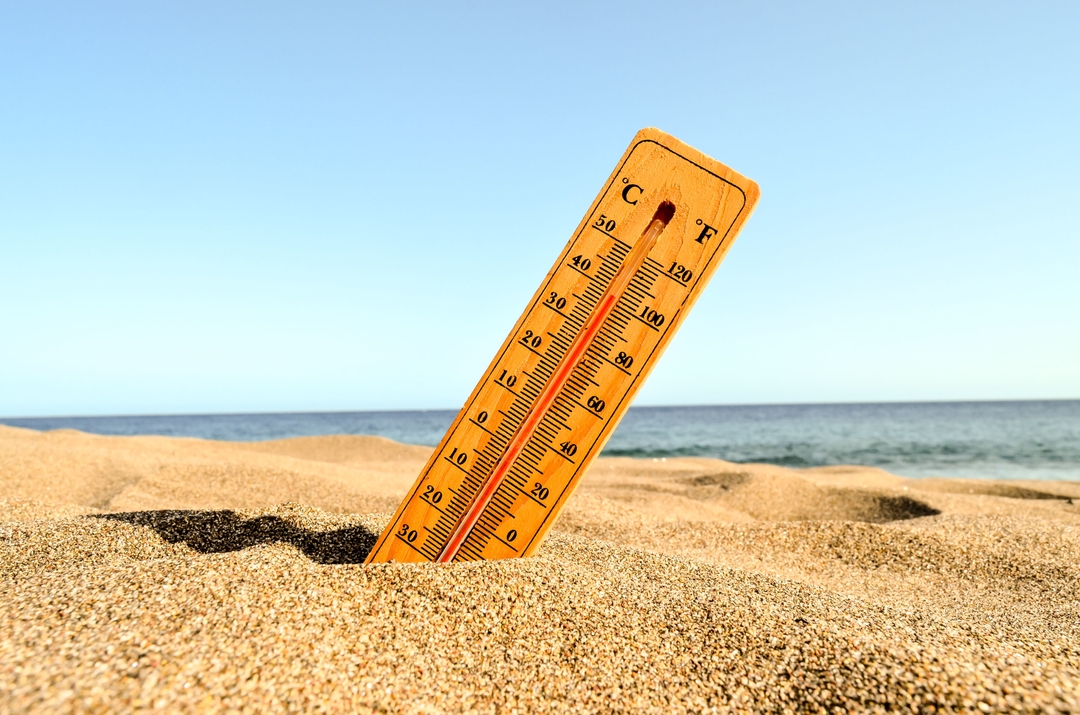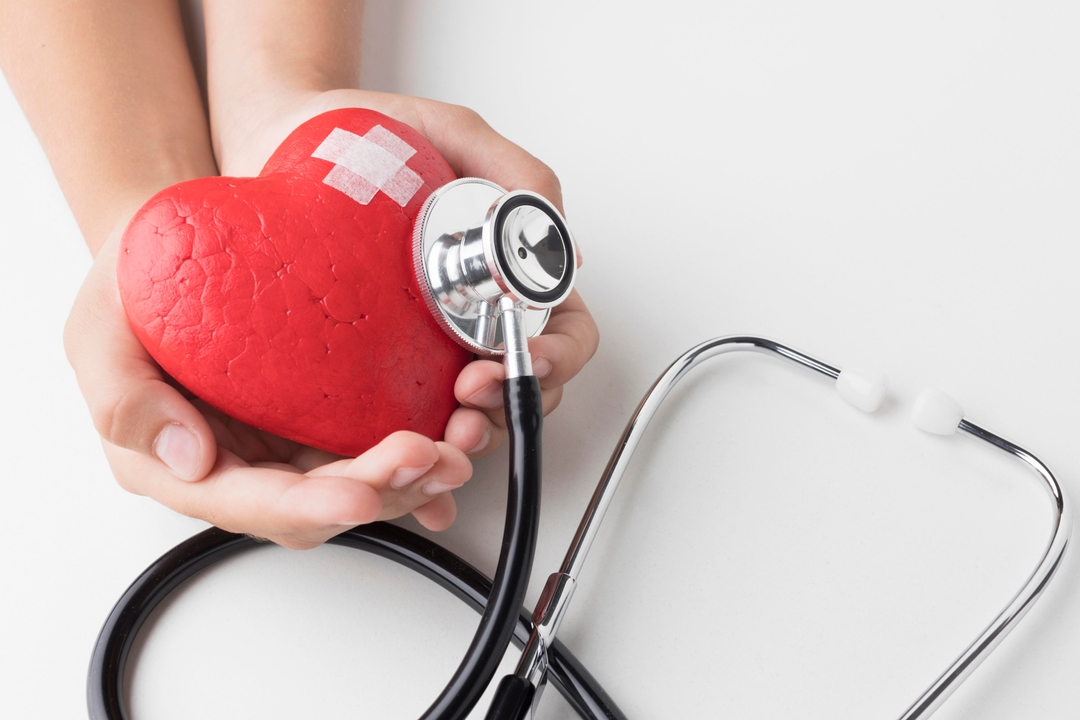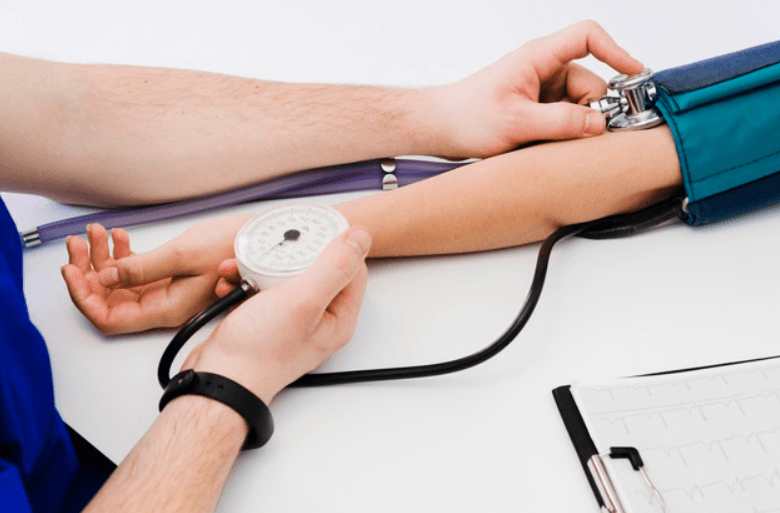
High Blood Pressure (Hypertension)- Causes, Risk Factors & Prevention
By Ujala Cygnus
Reviewed by : Jalaz Jain
August 20, 2020
Cardiovascular diseases are the number one cause of death in the world and the incidences of these diseases are increasing day by day as a result of modernization and shift in lifestyle and among the cardiovascular diseases,is the most common.
What is blood pressure?
It is the pressure exerted by the blood present in your arteries against the walls of the artery. The amount of blood your heart pumps out and the resistance offered by the vessels determines it, the resistance we speak of here is similar to the resistance offered by wires to electricity, which means the narrower your arteries, the more the resistance to the flow of blood and higher the pressure.
What happens when you have high blood pressure? What are the symptoms?
Initially, there are no symptoms. But as the disease progresses, it leads to a number of complications like coronary artery disease, heart failure, kidney failure, etc. Hypertension is usually diagnosed during a routine check-up and not as a result of complaints.
What causes hypertension?
In the primary type of hypertension, there is no determined cause. A person’s lifestyle is mainly responsible for the progression of primary hypertension. Drinking, smoking, and diet plays can lead to the progression of the disease.
A secondary type of hypertension is due to underlying diseases such as kidney problems, thyroid problems, adrenal gland tumors (very rare), or use of drugs such as cocaine or amphetamine, popularly known as the study drug.
How often should you get BP checked?
If you are above the age of 40/ if you’ve already been diagnosed with high BP, every 3-4 months or at every hospital visit would be ideal, if you are between 30 to 40, at least once in 6 months and below 30, once a year.
What is a normal BP to have?
Anything above 140/90 mm hg is considered high and anything below 90/60 mm hg is considered low.
RISK FACTORS FOR HYPERTENSION
2. MODIFIABLE RISK FACTORS
3. Diabetes is a major risk factor for hypertension.
4. Oral contraceptives – use of oral contraceptives over a long period of time also increases the risk of hypertension.
How Can One Avoid Hypertension?
2. WEIGHT REDUCTION/ EXERCISES FOR HYPERTENSION
A combination of the above diet along with physical exercises will target weight loss. The preferred exercises to be done are
3. STRESS REDUCTION AND LIFESTYLE CHANGES .
At an individual level, one needs to take care of his/her heart not only literally but also figuratively. In the modern world, it’s nearly impossible to be completely stress-free, however, one can undertake methods that will reduce the stress levels.
Try to build habits such as:
Still, have questions? Drop a comment and our cardiology expert will get back to you with an answer.
Loading...

